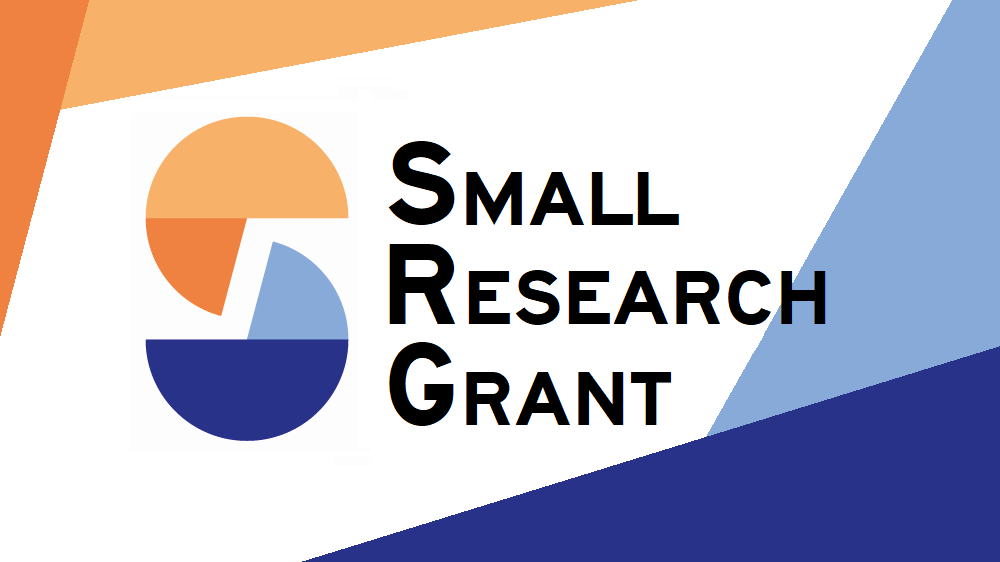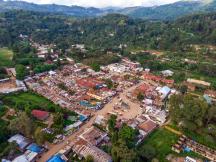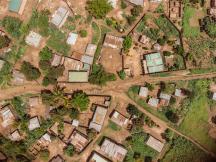For over a quarter century (1991 – 2018), Tanzania has experimented with structural adjustment reforms which have yielded, on the one hand, impressive macroeconomic performance and sustained growth, and on the other, a sluggish poverty reduction. This apparent contradiction – solid per capita GDP growth and a slight increase in inequality, yet less consumption poverty reduction than expected – has generated considerable debate and has prompted the question: Is this paradox due to the underlying determinants of economic growth and poverty, or rather how growth, poverty, inequality, and other welfare indicators are measured, reconciled, and compared across space and time? The main purpose of this study is to contribute to the understanding of the dynamics of household welfare in Tanzania, especially the role of sources of income (labour diversification). This is critical to help gauge signs of structural transformation following more than three decades of structural adjustment reforms.
Using four rounds of successive Tanzania National Household Budget Surveys between 1991 and 2018, the authors will construct synthetic (pseudo) panel data to investigate the role of sources of income (labour diversification) in household welfare (consumption expenditure). To do this, they will first construct a panel of representative households to identify which types of households tend to remain below national survey average welfare levels. Next, they will examine characteristics of households exhibiting improved welfare (relative to average) and determine the role of sources of income on household welfare. The pseudo panel data will be used to identify covariates of household welfare over a long period and determine the importance of diversification of activities.
This study is important in informing policymaking in the country as it will help explain the dynamics of household welfare, especially the role of sources of income. The question of whether income or poverty is a transitory status or a permanent condition of households is of critical interest to policy makers, and the dynamic analysis of income and poverty movements are important for designing appropriate and effective poverty-reduction policy. The findings of this study will be communicated through research dissemination workshops to relevant stakeholders, including researchers and policymakers.

















































